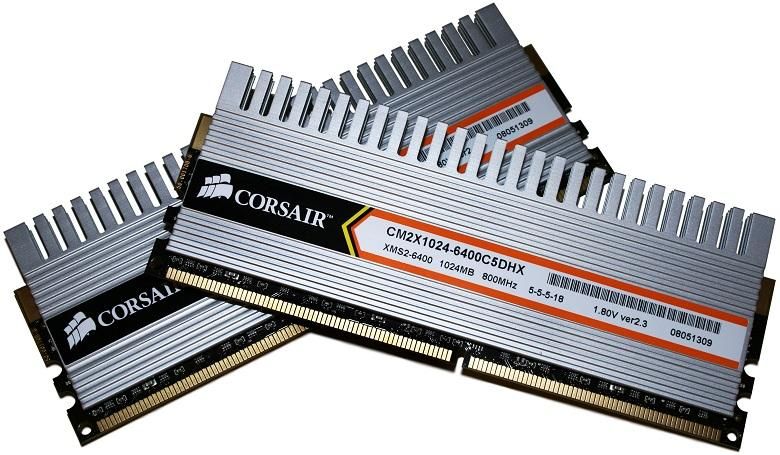"No one will ever need more than 640KB of RAM", at least that's what many think Bill Gates once said. Whether or not he actually said that is up for debate, but the quote holds a more pointed question: how much RAM is "enough"? Unfortunately the answer to this question brings up even more questions, the foremost of which: what is RAM?
RAM, or Random Access Memory, is one of the four major components in any computer. The other parts are the CPU, GPU, and storage ("ROM" or "hard disk"). There are other bits and pieces that help all this along, but for the most part, those are the biggies.
The CPU processes instructions. The GPU displays that information on your screen. Storage holds the apps and logic. And RAM is the magic bullet that connects all the bits together. Everything that's run through the CPU has to be loaded from storage and plopped into RAM (that may not be the actual, technical term, but you get the idea).
RAM is Fast
Just how fast is RAM? Let's just say that it's much faster than a hard drive, and faster than flash storage. When something is "loaded into RAM" it's right there next to the CPU, ready to be run. There's no searching for it in the longer-term storage, it's just there. BAM! Loaded.
RAM is Expensive
RAM chips cost more than hard disks and flash chips. They run hotter and they take more power to run.
It's impractical to throw even 8GB RAM into a tablet, let along a phone. 512MB to 1024MB (that's "one Gig", in case you're keeping score) is a nice, happy medium — for now.
RAM is Volatile
When you turn off the power, everything that's written on your hard drive or flash chips is just fine and waiting for you when you power up again. Not so with RAM. RAM chips have to be fed a constant supply of power. If your battery runs dry your RAM gets amnesia.
Long, long ago, Microsoft tried something interesting with early Palm-Sized PCs. They stored everything in RAM — sort of. Your core OS was kept on non-volatile storage, but all your apps, your settings, and your documents were stored in RAM. If you forgot to charge overnight, when you awoke in the morning it was like turning on your PDA for the first time. Not a great way to start the day, but it was a great way to make things FAST!
We don't do that these days. We have much faster non-volatile storage, but it's still much slower than RAM.
How Much RAM Do We Need?
Because ‘enough’ is never enough!
Generally speaking, the more RAM you have, the better! You want to have enough RAM that you can keep the important parts of your OS loaded in RAM (the launcher and core services and whatnot), as well as your most frequently used apps. Any more than this is wasted space. Any less and you'll end up swapping.
Swapping you ask? That's the process where data is shuffled from RAM into a swap file or scratch disk — or some other form of non-volatile cache. It's slower, but not as slow as dumping the information completely which would require going back to the "disk" to reload it. Some versions of Android implement this in one way or another, and other OSes do things altogether differently.
To Answer The Question
Do we actually need 2GB of RAM in our smartphones? No, that's just silly! No one will ever need more than 256MB 512MB 1GB of RAM in a phone!
All sarcasm aside, although we may not need 2GB of RAM in our smartphones right now, it would come in handy on our tablets. As OSes get more complex, apps get bigger, and our appetite for speed continues to drive our hand-on-wallet reflex, 2GB of RAM will become more and more attractive.
Unfortunately, that's where the cycle continues. Devices with more RAM will beget apps that need more RAM to run and operating systems that can "do more stuff" — which will slow down our devices. We'll need to throw in faster CPUs, more cores, and (you guessed it) more RAM to keep up with things.
And the cycle will begin again. And again. And again.
Image Credits: WikiQuotes, DreamWorks Animation, Corsair



